Ever since it emerged as Road Rap around 2010, the UK Rap scene has for a lot of listeners, become like Marmite – you either love it, or you hate it.
So while there’s no denying that UK Hip Hop as a genre has grown considerably over the past 10+ years, that’s not to say that as a vibe, it’s music to everyone’s ears. Although, that hurdle hasn’t stopped UK Rappers from earning themselves an international reputation.
Canadian artists like Drake & Tory Lanez have over the years co-signed with the likes of Dave, Nafe Smallz & even the Godfather of the UK scene, Wiley. And yet, over the border in the States, UK Rap is still yet to properly break the charts. It appears that for American listeners at least, this UK variant of Hip Hop is still very much an acquired taste.
As for the reason why, that’s what we aim to unearth…
What’s the difference between US & UK Rap? (broadly speaking)
Before trying to unravel why UK Rap is yet to ‘make it big’ in the States, it’s important to distinguish the difference between these two styles of Hip Hop. So, here’s just a few ways in which you distinguish UK Rap from your more conventional US tunes…
Style of production
Production style is one of the most obvious differences between UK & US Rap. The rise of Grime music in the UK was proof of that.
A genre that despite sounding very much Hip Hop, was actually a form of Electronic music; Grime took influence from Dancehall as well as UK Garage. Today however, Drill Rap (a sub-genre of Trap music) is very much the vibe that everyone’s talking about. A strain of Hip Hop that unlike Grime, began over in the US.
Even so, that didn’t stop UK producers from putting their own spin on Drill. Compare your average US Drill beat (something used by Chief Keef or Lil Durk), to those used by UK Drill artists & for the most part, you’ll be able to tell the difference.
In comparison, UK beats tend to be slightly more specious in their arrangement and on the whole, come across less dark and eerie.
Unique flow & delivery
Another clear sign of a UK rapper is often how their lyrics are laid over the beat – a technique know as flow. Something that comes back to a rapper’s word choice, as well as their phonetics & tone of speech.
Therefore what you’ll usually find, is that rappers from the UK tend to stress specific syllables and rhyme on specific sounds – many of which are less popular with US rappers. Both intricate details that really help distinguish a UK rapper from the crowd.
Accent variation
The UK can fit inside the US 40 times over! And yet, when it comes to rap, the variety accents you get with UK rappers, tends to be a lot more diverse. Contrast the accent of a London rapper, to the accent of a rapper from Liverpool, and it’s very hard to draw similarities.
In fact, for most Americans, the difference is that stark that it almost comes across like a different language. Do the same sort of accent comparison with American Hip Hop & chances are, you won’t come across such a harsh difference.
All of which brings us onto the elephant in the room…
Why does UK Rap struggle to gain traction in the States?
Up to now, UK Rap has found it hard spreading its wings in the States. So here’s 2 major reasons why UK Rappers aren’t yet the talk of the town over in the US…
All those UK accents
While the US accent is pretty much a worldwide staple, the same cannot be said for those you find in the UK. As reiterated above, to say the UK is so small in comparison to the States, the variation of accents is truly staggering. Something that gives UK Rap a real character!
Yet at the same time, it also presents a barrier for US listeners. Reason being that, at the end of the day if you can’t understand what a rapper is saying, then relating to their music isn’t always easy. Exactly what you need to do in order to appreciate it, and thus become a die-hard fan.
UK slang & dialect (AKA: MLE)
With the UK Rap scene coming straight out of London, the actual words used in songs, are part of a relatively new dialect, known as Multicultural London English (MLE for short). An entirely new way of speaking that came about in the UK during the 1980s.
Underneath, the accent is East End Cockney (the traditional London accent), only MLE fuses this with a giant melting pot of Caribbean, Turkish, Pakistani and even Punjabi influences. So as you’d imagine, such a diverse accent has given birth to a whole new set of slang. Terms that will no doubt have many Americans completely foxed.
Some of the most notorious snippets of MLE slang are…
- Wagwan = this originates from Jamaican & is an MLE way of saying “What’s going on?” or “What’s up?”
- Man = this is an MLE pronoun used to replace ‘I’. So instead of “I’m going shopping” an MLE speaker would say “Man’s going shopping”
- Peng – this word simply means something is positive or good. So if a song sounds good, to an MLE speaker it’s a “peng” tune.
How is the gap being bridged?
While the gap between UK & US rap is pretty wide, that’s not to say it isn’t been bridged. In fact, in many respects it’s becoming slimmer by the day. Here’s 3 reasons why…
UK producers are collaborating with US artists – Thanks to the recent surge of Drill music, the doors have been opened for a new generation of producers. Producers that are in essence, mobile – they conduct most of their business via the internet. All of which has allowed US artists to hop on the UK vibe (& vice versa). A famous example being ‘Welcome to the Party’ by Pop Smoke. A US Drill artist, who worked with 808Melo (a producer from the UK) to craft his beat.
Reaction videos – As accent and dialect being a major hurdle for a lot of American listeners, it’s no surprise that a growing YouTube community has emerged around reaction videos. This essentially being US Hip Hop fanatics reacting to UK Rap. Though doing so, they also pick apart songs lyrically too. In fact, many read into the songs in such depth that a good reaction video pretty much serves as a universal translation.
US Rappers adopt UK slang – Another way that this ‘culture gap’ is being bridged, is via artists themselves. So for instance, how artists like Drake (who’re seriously BIG in the US), have i the past, embraced MLE slang. In his recent Fire In The Booth with Radio 1 DJ, Charlie Sloth, Drizzy peppered in a whole host of UK slang terms, including ‘ting’ (meaning thing) and ‘man’ in place of the pronoun ‘I’.
Could this be a lowkey way of getting the rest of the world to embrace the UK slang & culture? If you ask us, we think it might.

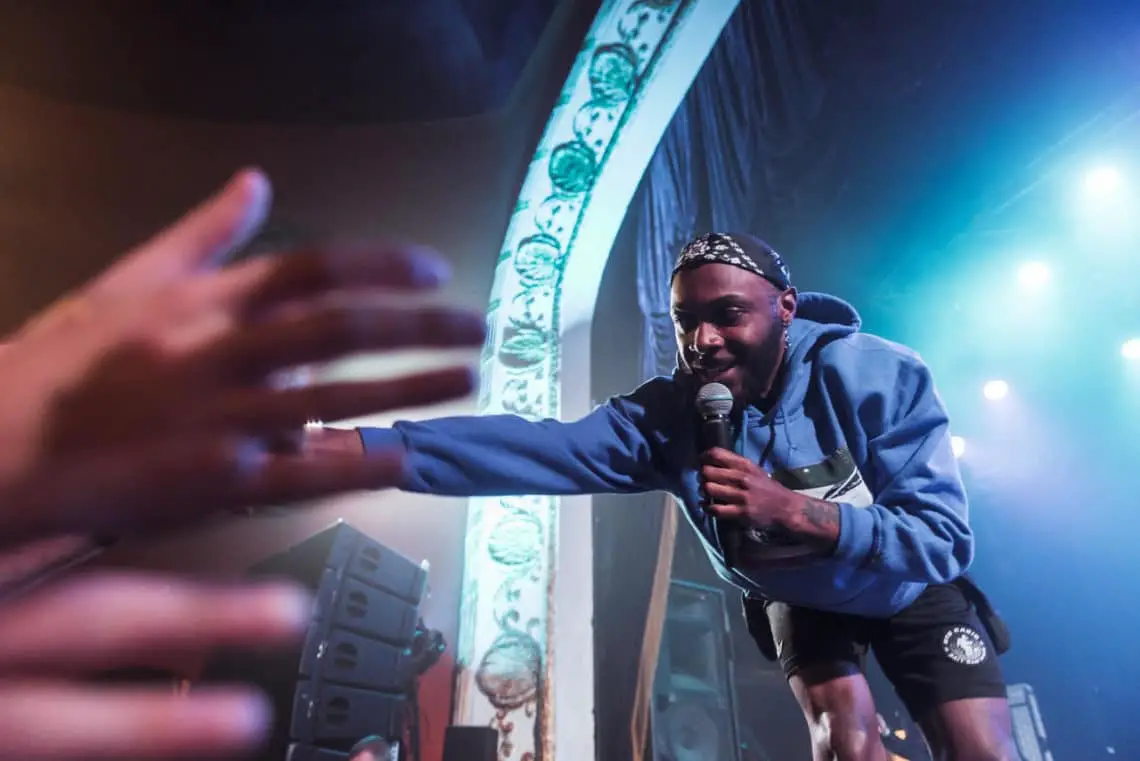
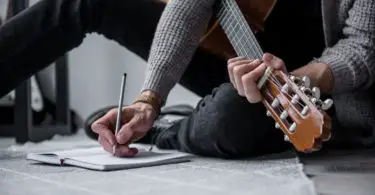
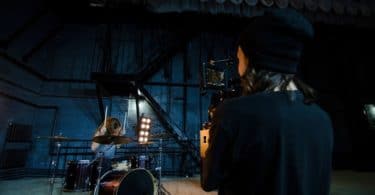
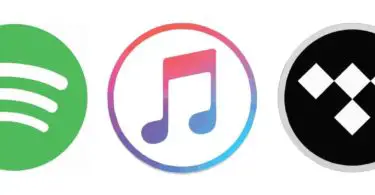
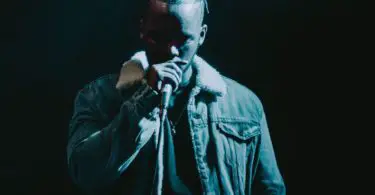

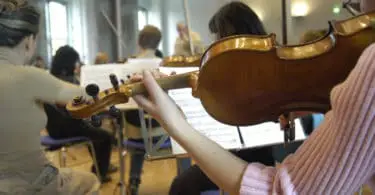
Start the discussion at talk.hearthemusicplay.com